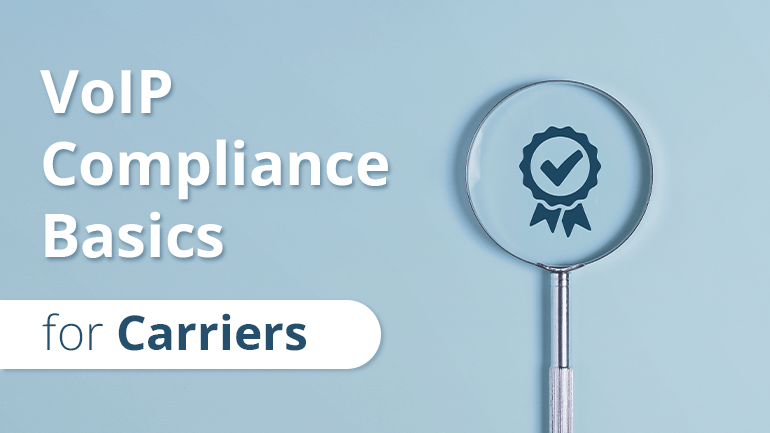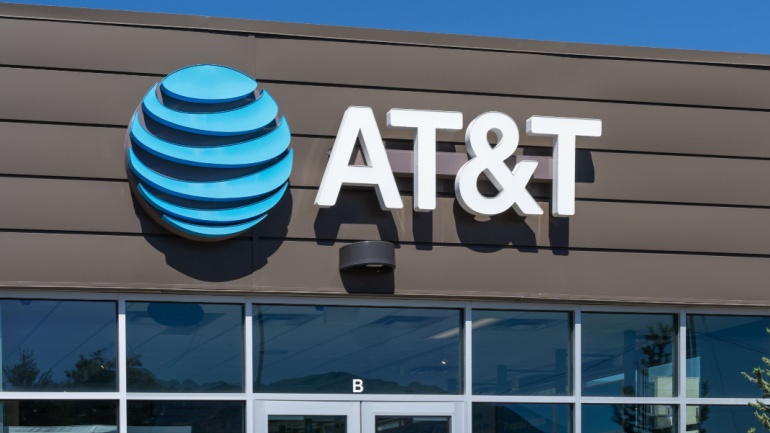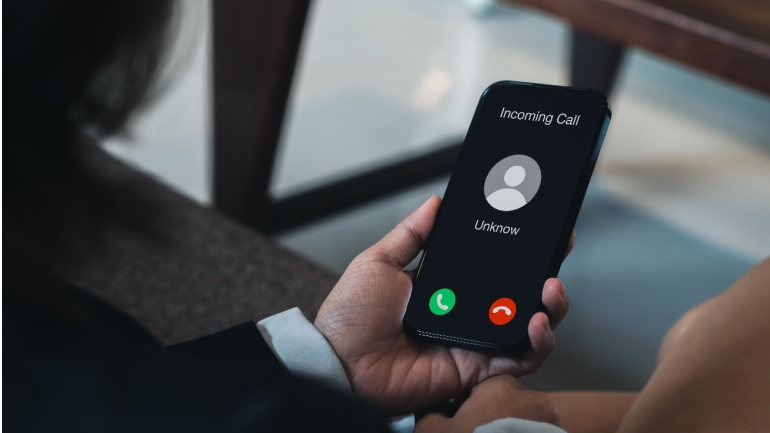Regulatory compliance is crucial for VoIP carriers to ensure the delivery of reliable communication services. Non-compliance can result in severe penalties, loss of licenses, and reputational damage. This article provides an overview of key regulations, such as data protection and emergency services, that carriers must navigate to operate legally and protect consumers.
This week, the FCC fined AT&T $13 million following a data breach that compromised 8.9 million customer records. Poor data security and a failure to enforce data deletion by a third-party vendor led to this significant violation.
The FCC has approved $9 billion in subsidies to boost 5G services in rural areas through the 5G Fund for Rural America. This initiative aims to bridge the digital divide by providing advanced mobile connectivity where it’s economically unviable.
AT&T has been fined $950,000 by the FCC for failing to deliver over 400 emergency 911 calls during a one-hour outage in August 2023. The incident, affecting multiple states, led to a compliance plan to improve reliability. The FCC continues to scrutinize similar failures, highlighting the importance of maintaining robust emergency call systems.
The FCC approved SpaceX to replace its aging Starlink satellites with advanced second-gen models. The number of Australians using FWA for home broadband nearly doubled. Hiya’s report found nearly 20 billion spam calls globally. The UK CMA has paused its app store investigations into Apple and Google.
The Federal Communications Commission (FCC) has proposed new rules for AI-generated robocalls and texts. Aiming for transparency, the FCC mandates prior consumer consent and clear AI-generated disclosure for each message. This initiative seeks to protect consumers from scams while exploring AI’s positive applications, such as aiding people with disabilities.
The FCC’s new Mobile Speed Test app is revolutionizing the accuracy of the National Broadband Map. This advanced app replaces the old FCC Speed Test app and introduces hands-free testing while driving, enhancing user convenience. Accurate broadband data is essential for programs like BEAD, making this app a game-changer.
In a letter addressed to Congress, Rosenworcel highlighted that the Reimbursement Program would require approximately $4.98 billion to cover all “reasonable and supported” cost estimates in approved applications. This starkly contrasts with the current appropriation of $1.9 billion, resulting in a notable deficit.
The Federal Communications Commission (FCC) has issued fines totaling $196 million to major US telecommunications operators for unlawfully sharing customers’ location data. This action comes more than five years after the violation was initially exposed.
The clock is ticking for the Federal Communications Commission’s Affordable Connectivity Program (ACP), offering qualified households valuable monthly internet discounts. However, with the fund balance dipping below $1.8 billion, the financial resources may only last until April. Several providers have presented strategies to maintain continuity, offering budget-friendly plans of as low as $10.













